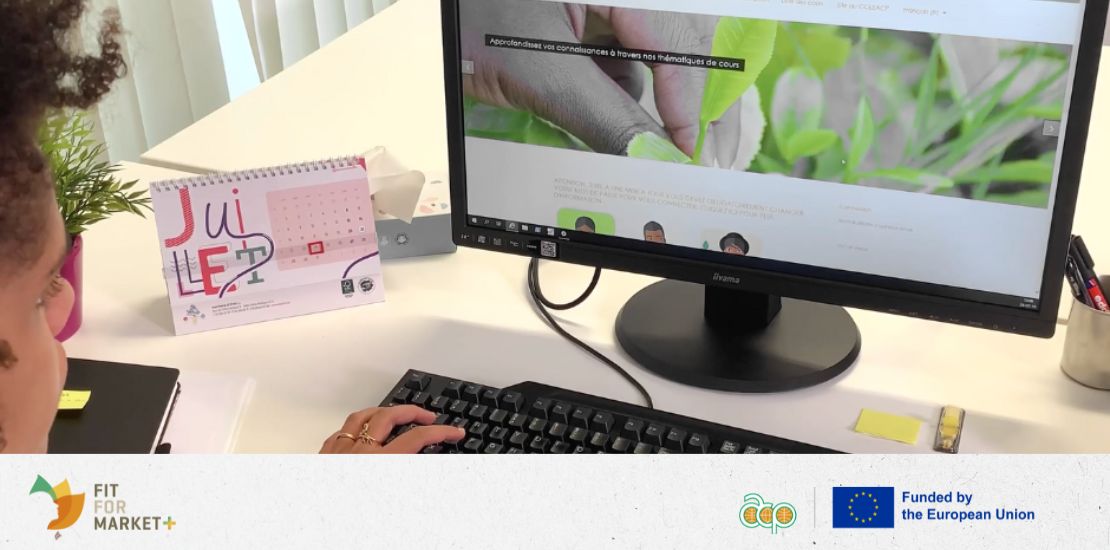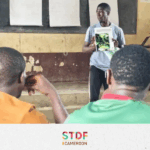- 27/09/2024
- Posted by: Sandra Borma
- Category: News

The R-SAT tool at the service of the IPPC assessment system
COLEAD, through the FFM+ programme and as part of its partnership with the IPPC, has recently developed a one-month training session (29 July to 28 August) on its R-SAT tool to meet the specific needs of the IPPC PCE (Phytosanitary Capacity Evaluation). This is in the context of sharing best practices, the successful implementation of RSAT in the target region and the desire to harmonise the capacity building strategy for PCE facilitators and National Plant Protection Organisation (NPPO) coordinators.
PCE facilitators and NPPO coordinators from 11 target countries benefiting from the project to strengthen capacity and governance in food and plant health control (CP/GLO/949/EC) were invited to participate in this training. 8 countries actively participated: Eswatini, Kenya, Malawi, Uganda, Zambia, Zimbabwe, Egypt and Rwanda.
This highly interactive 4-week training session also provided an opportunity to prepare for the IPPC-COLEAD workshop to be held in Rome from 7 to 11 October. It should be noted that the Rome session will also include a special half-day session on gender mainstreaming in IPPC-COLEAD activities, in collaboration with the FAO Gender Unit.
Although the outcomes will not be limited to the exchange of best practices between the different stakeholders, they will undoubtedly lead to the identification of further gaps in the implementation of SPS measures, outputs, new training materials and new project definitions to better support NPPOs and PCE/RSAT facilitators in line with the COLEAD SPS strategy in African Caribbean and Pacific countries.
This activity is supported by the Fit For Market Plus (FFM+) programme, implemented by COLEAD within the Framework of Development Cooperation between the Organisation of African, Caribbean and Pacific States (OACPS) and the European Union. This publication receives financial support from the European Union and the OACPS. The content of this publication is the sole responsibility of COLEAD and can in no way be taken to reflect the views of the European Union or the OACPS.





